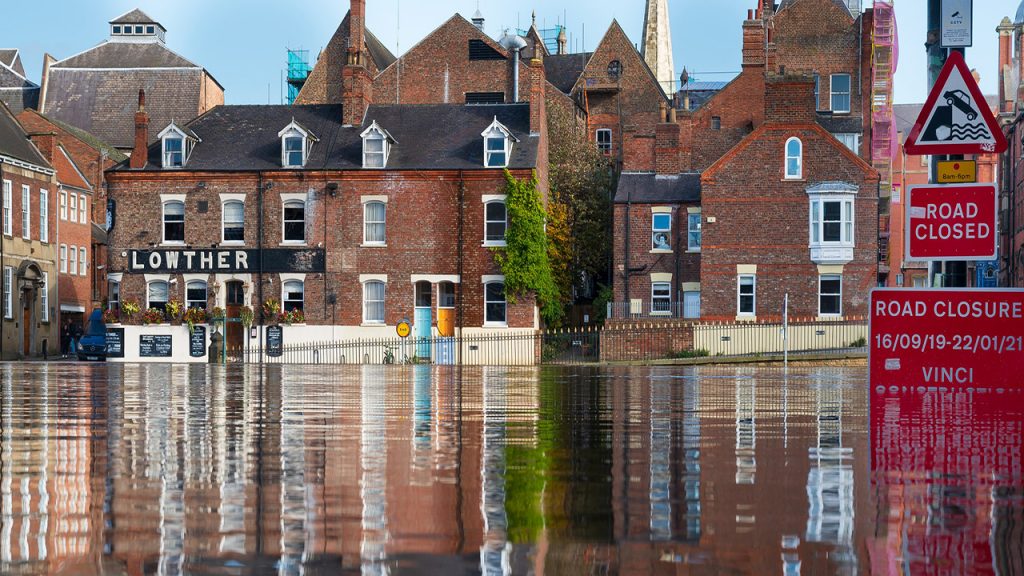
Why climate science needs to learn from risk assessment
Climate scientists need to spend more time considering all plausible future climate scenarios rather than just the most likely, argues Professor Rowan Sutton in a new paper published in the Bulletin of the American Meteorological Society.
Professor Sutton, Director of Climate Science at the National Centre for Atmospheric Science, says that scientists have not paid enough attention to two important issues; the current risks due to climate change, and the low-likelihood high-impact events which carry the highest risks.
These types of events are important for decision-makers, who think of climate change in terms of risk-management and risk-assessment. Risk-assessments usually consider how likely a certain event is to happen, and what the impacts could be. Both parts of this equation are equally important, yet climate assessments often place emphasis on predicting the likelihood of future climate scenarios, and only later consider impact.
Learning from risk-assessments
Professor Sutton advocates for the Intergovernmental Panel on Climate Change (IPCC) to learn from risk-assessment methods. He says this would help scientists meet the needs of decision-makers in government, business and society.
The IPCC is divided into three groups, each responsible for looking at one aspect of climate change. Working Group 1 tackles the physical science behind climate change, and it is this group of experts who Professor Sutton believes can do more to quantify the risks of future climate change.
Scientists in Working Group 1 have tended to focus on trying to reduce uncertainties in climate projections, helping to predict the likelihood of future events. On the other hand, Working Group 2 have been designated responsibility for assessing the impacts of changes to our climate.
However, Professor Sutton argues that drawing boundaries between each group of experts is preventing the IPCC from taking a holistic view of the challenge presented by climate change, and this approach is at odds with the principles of effective risk assessment.
Meeting the needs of decision-makers
The Intergovernmental Panel on Climate change has taken big steps forward with its recent cross-cutting summary of global warming impacts, such as the 2018 Summary for Policymakers. But for future reports to be more useful, Professor Sutton recommends that the IPCC place a stronger focus on the needs of decision-makers.
The consequence of neglecting risk assessment methods is that scientists have paid insufficient attention to low-likelihood events that could have a catastrophic impact.
In order to develop robust adaptation strategies, decision-makers need to know how bad it could be and what to avoid. Until now, physical climate scientists have been most concerned with asking how likely different scenarios are.
To remedy this, Professor Sutton proposes that Working Group 1 focus on informing risk-assessments by identifying all possible future scenarios within our climate system, not only those that are most likely. This change would help decision-makers to consider all the potential impacts of climate change.
While it will never be possible to quantify the exact likelihood of future climate change in a particular form, there is an opportunity to develop a discrete set of scenarios that span all the possible climate outcomes in response to human-caused climate change.
This would essentially create a set of different ‘storylines’ for our future, which decision-makers could use for adaptation and mitigation strategies.
Rowan Sutton, September 2019, Bulletin of the American Meteorological Society
